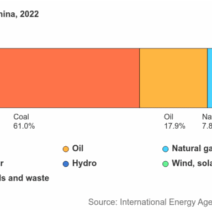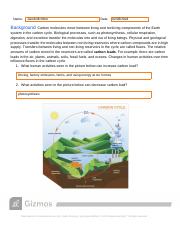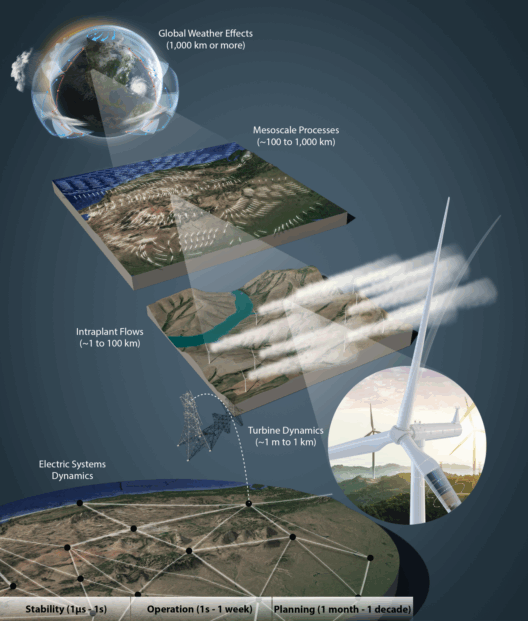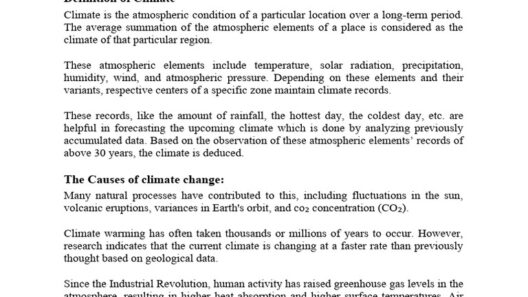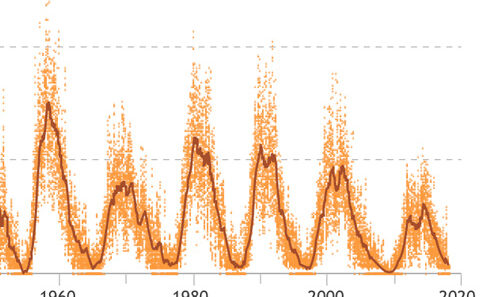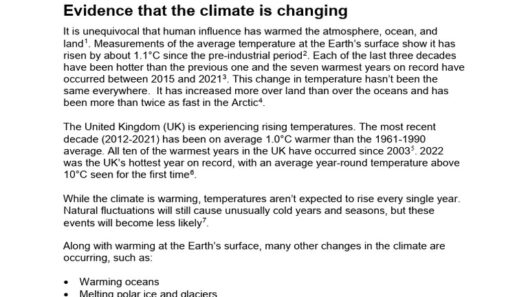Global climate change stands as one of the most pressing challenges of our time, a phenomenon characterized by significant alterations in weather patterns, temperatures, and ecological systems. This complex interplay of natural and anthropogenic factors has led to a myriad of consequences, warranting a thorough examination of its implications and intricacies.
Understanding the crux of global climate change requires delving into its foundational principles. At its core, climate change refers to long-term shifts in temperatures and weather patterns, primarily attributed to the rise of greenhouse gases in the atmosphere. These gases, including carbon dioxide and methane, trap heat from the sun, creating a greenhouse effect that escalates global temperatures over time. While climate fluctuations have occurred throughout Earth’s history, the current surge in temperature is unprecedented and correlates closely with human activities, such as fossil fuel combustion, deforestation, and industrial processes.
In exploring the dimensions of this multifaceted issue, one can delineate between natural climate variability and human-induced alterations. Natural factors include volcanic eruptions, solar radiation variations, and ocean current shifts, which have historically influenced the planet’s climate. However, the accelerated pace and scale of contemporary changes largely stem from human intervention, underscoring a critical need for awareness and action.
To truly grasp the magnitude of global climate change, it is essential to consider its far-reaching consequences. The consequences manifest not only in terms of rising temperatures but also through extreme weather events, altered ecosystems, and social ramifications.
Extreme Weather Events: A Double-Edged Sword
The increasing frequency and intensity of extreme weather events serve as harbingers of climate change. From catastrophic hurricanes and unprecedented heatwaves to torrential downpours and protracted droughts, these occurrences disrupt both human communities and natural habitats. Such events can lead to devastating economic losses, displacing populations and straining resources. Statistically, the number of weather-related disasters has surged over the last few decades, compelling governments and organizations to rethink response strategies and resource allocations.
Ecological Disarray: A Tipping Point
Animal and plant species around the globe are experiencing profound shifts in their habitats due to changing climatic conditions. Migration patterns are disrupted, leading to mismatches in food availability while some species face extinction due to their inability to adapt. Coral reefs, often referred to as the rainforests of the ocean, are undergoing bleaching events at alarming rates, resulting in considerable biodiversity loss. The fabric of ecosystems is unraveling, leading to cascading effects on food webs and natural processes.
Social and Economic Implications: The Human Factor
Perhaps the most immediate and concerning impact of climate change is its effect on human beings. Vulnerable populations, particularly in developing countries, bear the brunt of these environmental changes. Climate change exacerbates poverty, food insecurity, and health crises, leading to social instability and potential conflict over dwindling resources. As temperatures rise and natural disasters increase, the migration of climate refugees has also emerged as a pressing global issue, prompting international discourse on humanitarian response and adaptation strategies.
In acknowledging the extensive tapestry that encompasses global climate change, it is crucial to recognize the multifarious approaches that can mitigate its effects. Solutions range from harnessing renewable energy sources to advocating for sustainable agricultural practices and reforestation initiatives.
Renewable Energy Revolution: Powering a Sustainable Future
The transition from fossil fuels to renewable energy stands out as a paramount strategy in the fight against climate change. Innovations in solar, wind, and hydropower technologies promise to reduce greenhouse gas emissions while providing sustainable energy solutions. Not only do these technologies pave the way for a cleaner environment, but they also create job opportunities and stimulate economic growth. By investing in renewable energy infrastructure, nations can foster energy independence and bolster resilience against climate-related disruptions.
Sustainable Agriculture: Cultivating Change
Transforming agricultural practices represents another avenue for addressing climate change. Sustainable farming methods, including agroecology and permaculture, focus on enhancing soil health, conserving water, and reducing reliance on chemical inputs. Such practices not only help sequester carbon but also bolster food security in the face of unpredictable climate patterns. This holistic approach recognizes that the agricultural sector must adapt to changing conditions while also contributing to the solution.
Reforestation: Nature’s Resilient Armor
The significance of forests in combating climate change cannot be overstated. Reforestation initiatives play a critical role in sequestering carbon dioxide from the atmosphere, thus mitigating greenhouse gas concentrations. Furthermore, restoring degraded ecosystems enhances biodiversity, bolsters local economies, and promotes community engagement. The aesthetic appeal of lush forests stands as a reminder of nature’s resilience, inviting individuals and communities to participate in nurturing the planet.
Conclusion: A Collective Responsibility
The phenomenon of global climate change encapsulates a myriad of challenges, intricately woven into the fabric of natural and human systems. As awareness of this issue deepens, it is imperative that collective responsibility is embraced. Through concerted efforts to adopt sustainable practices, advocate for policy change, and foster community engagement, a path toward resilience and restoration can be paved. The urgency of the situation calls for immediate action, urging individuals, corporations, and governments to collaborate in mitigating the impacts of climate change. The time to act is now, as our choices today will shape the world for generations to come.

